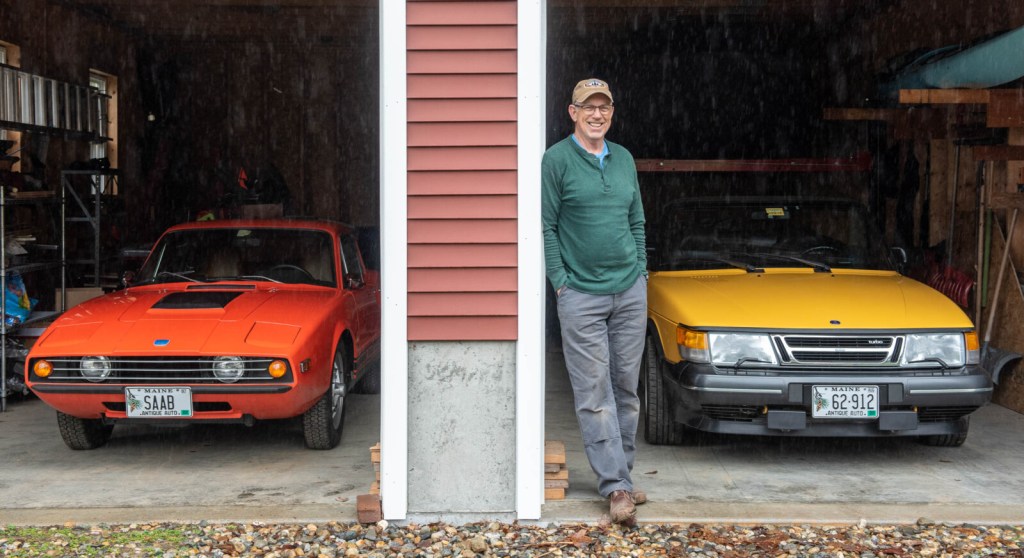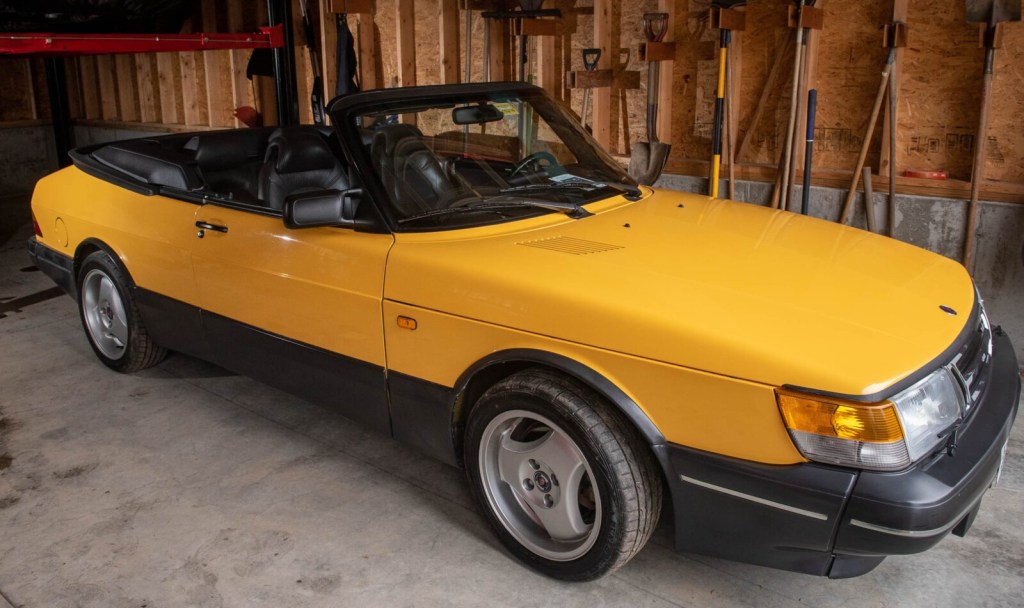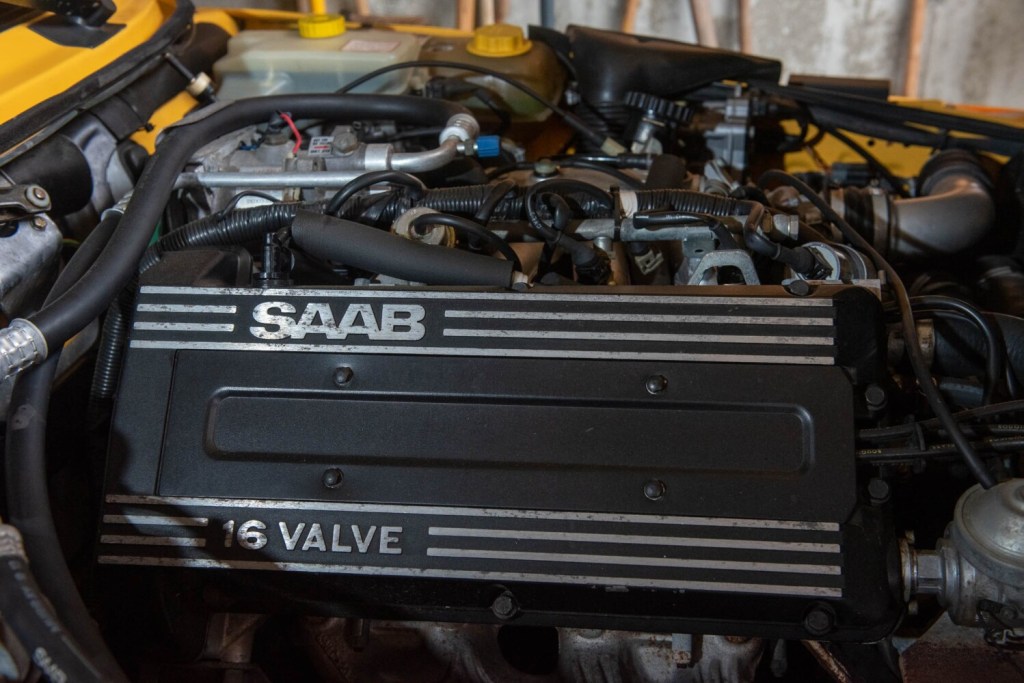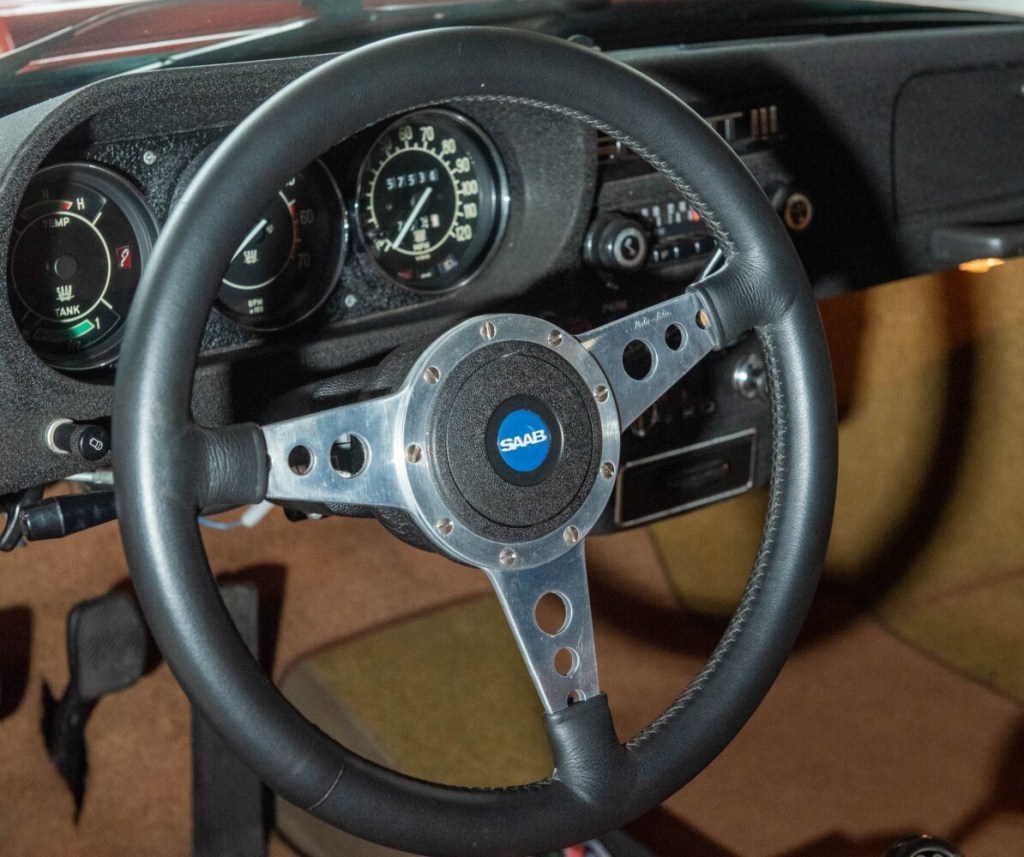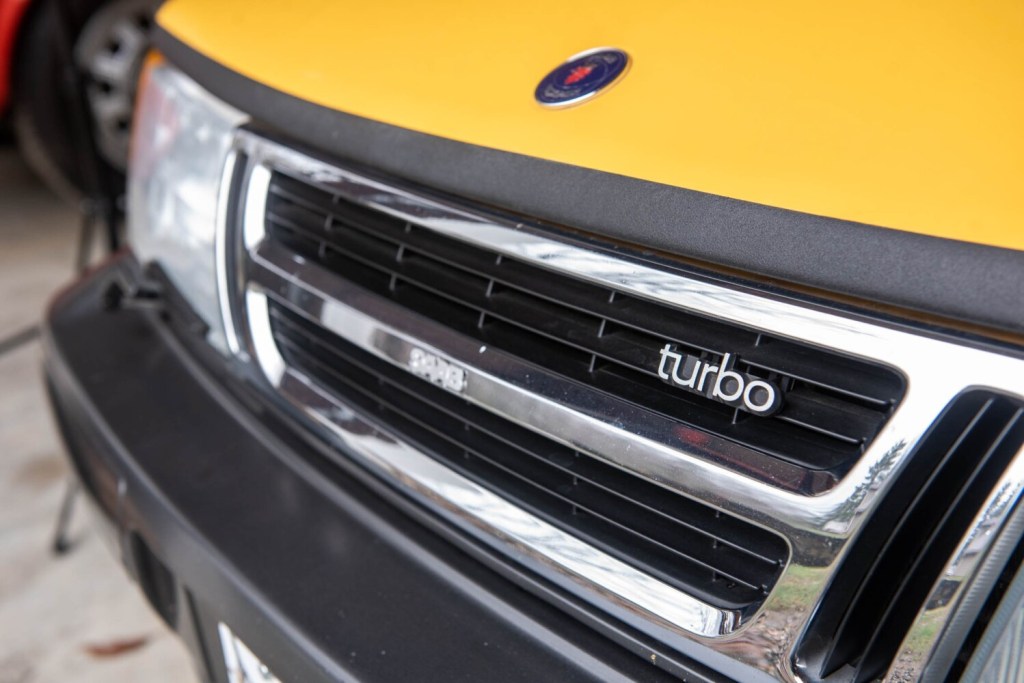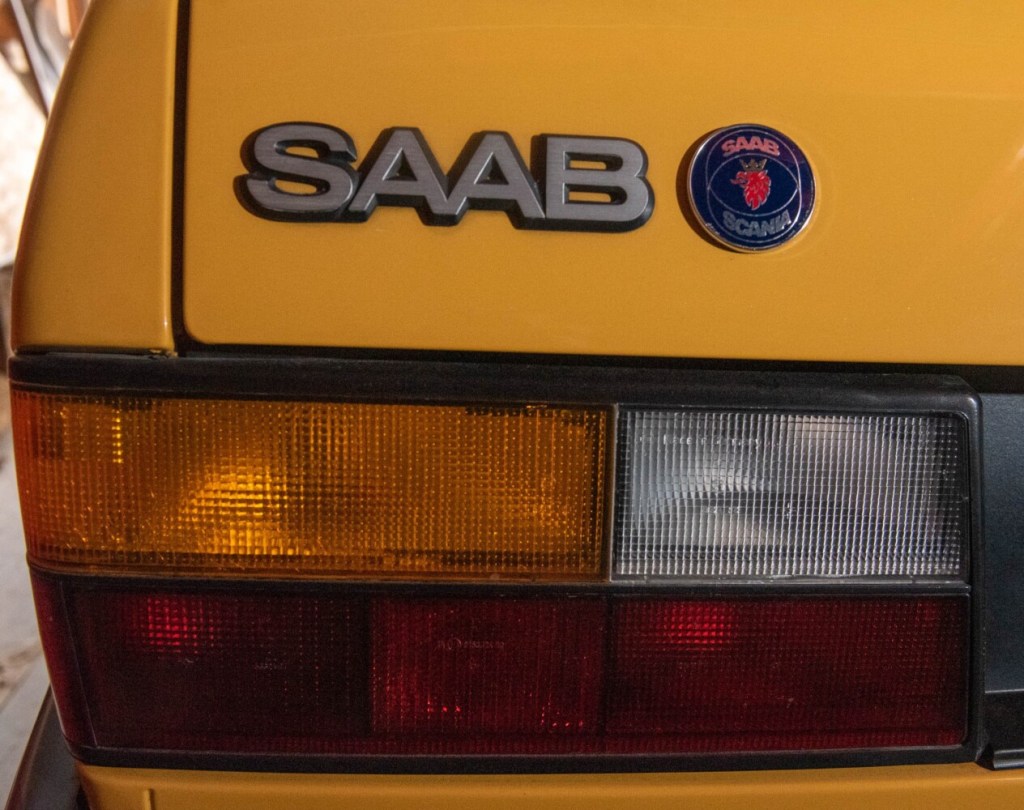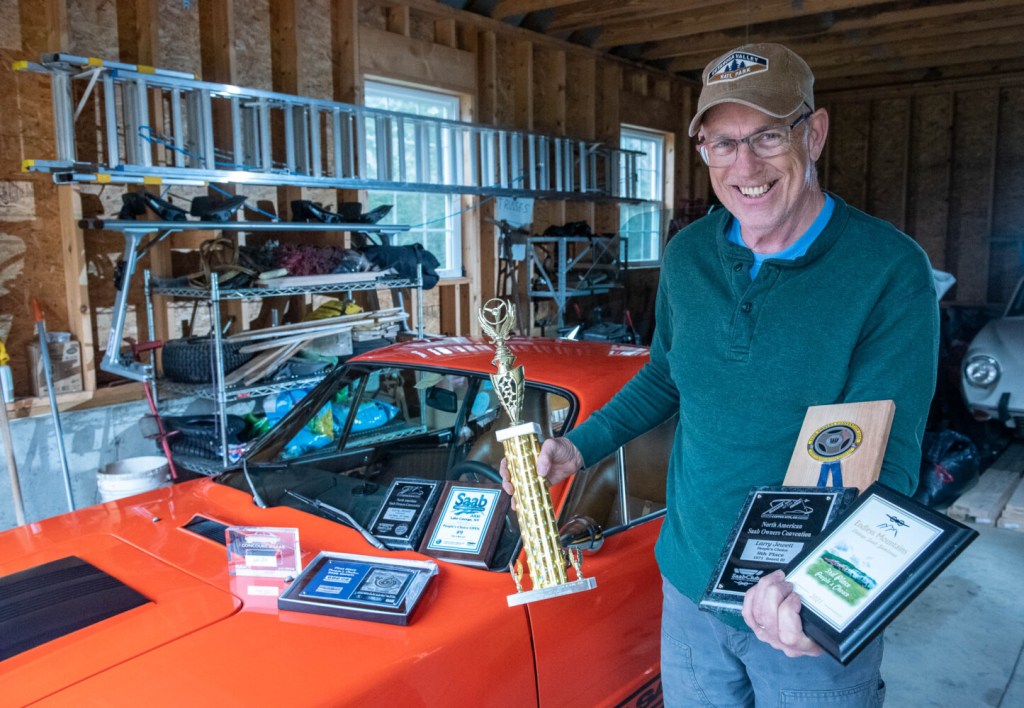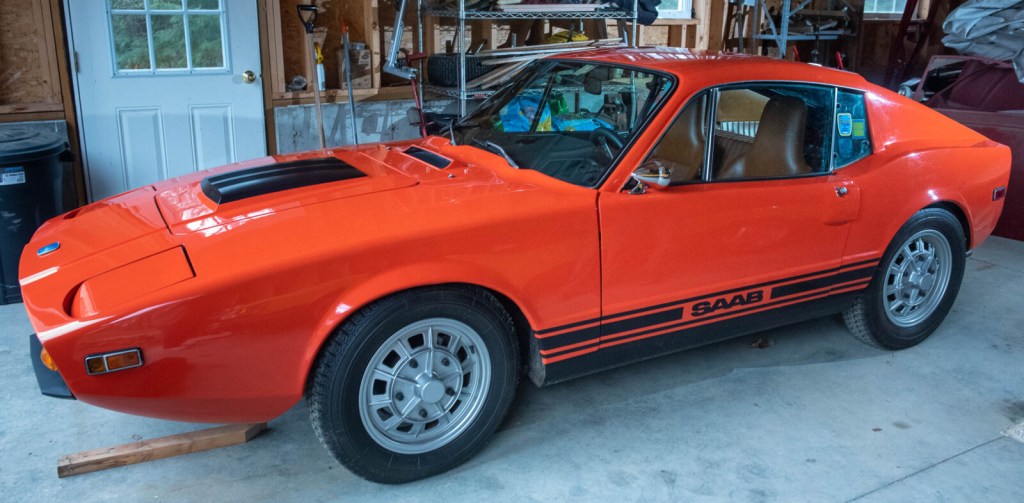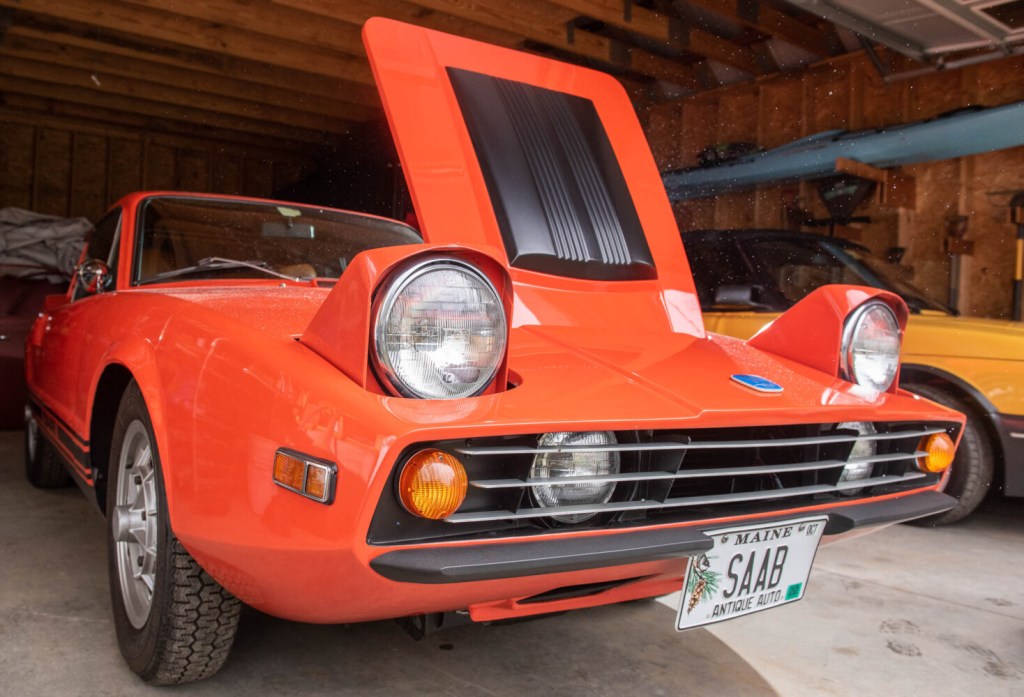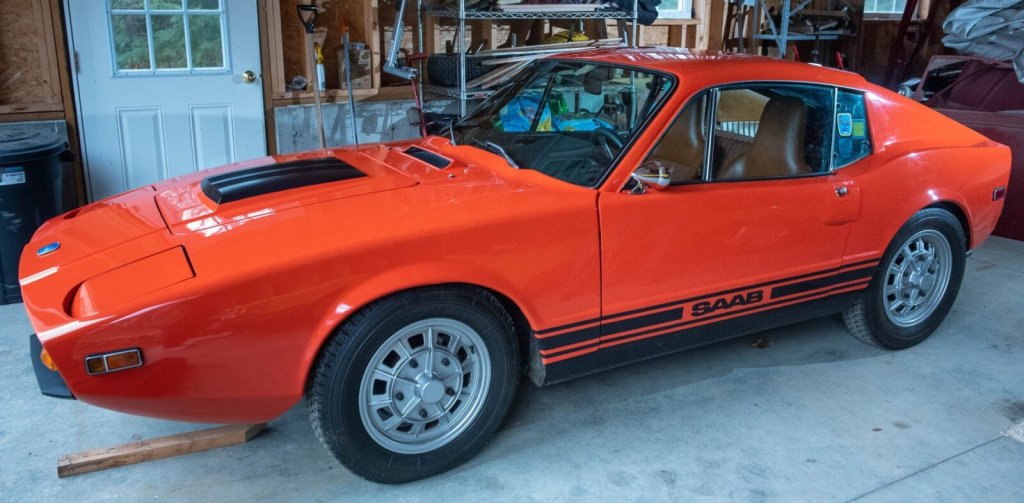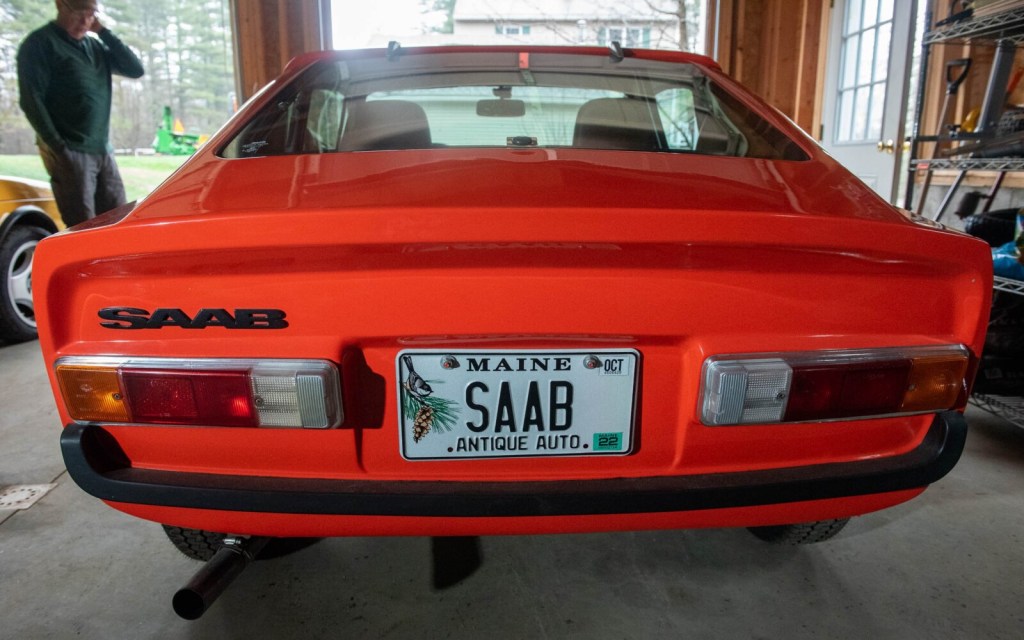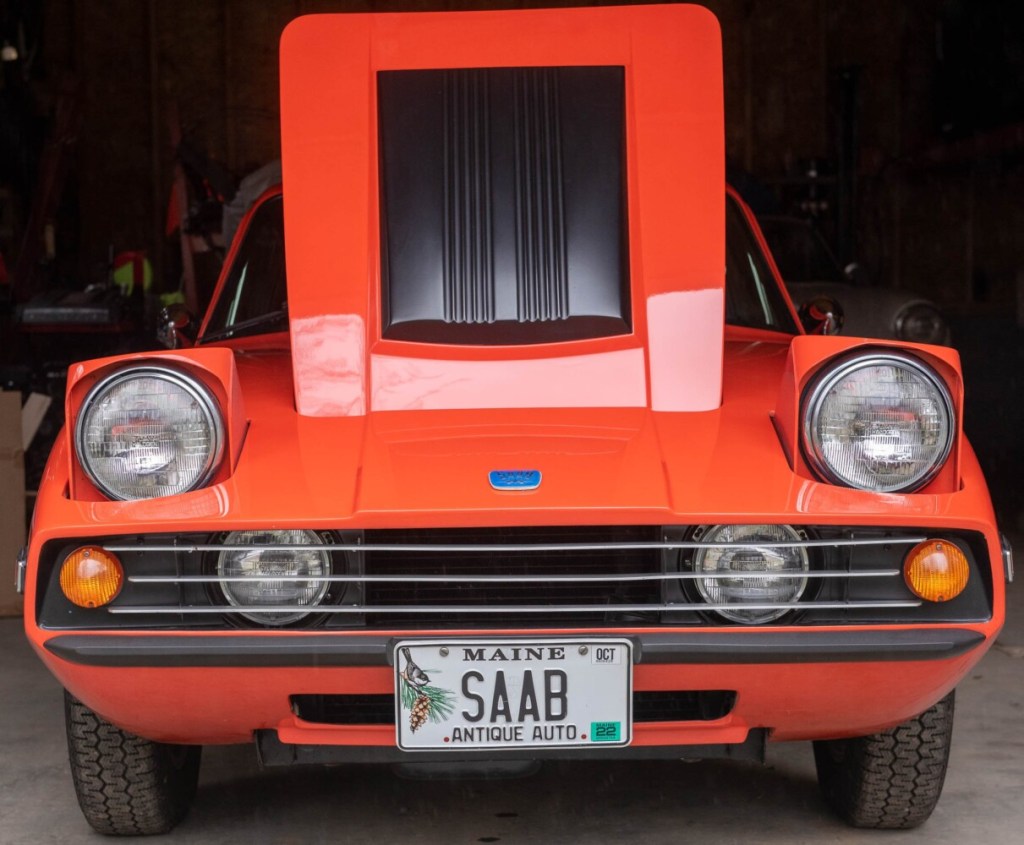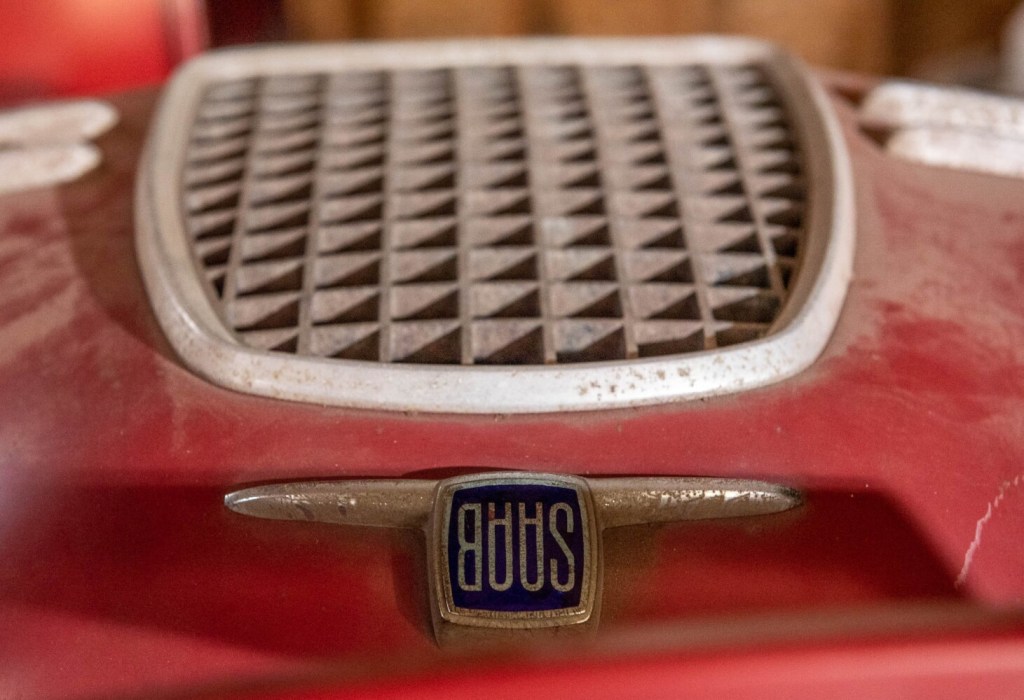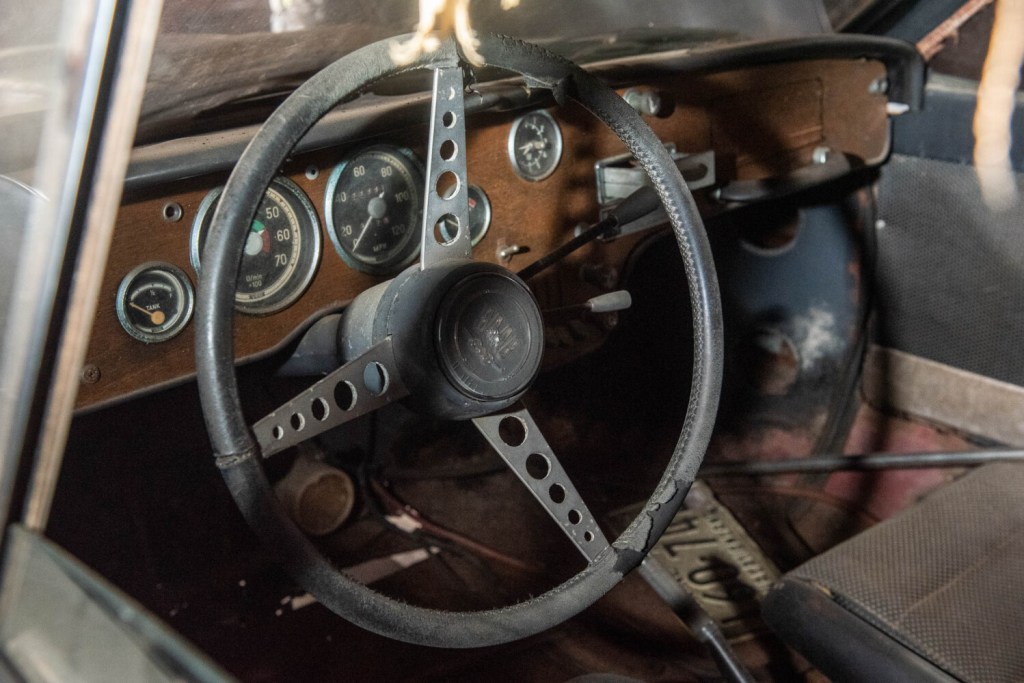There’s a ghost haunting the roads in Maine — a four-wheeled blast from the past revered by car enthusiasts with cult-like glee. No, it’s not the DeLorean, but another quirky car, equally iconic in design but superior in performance.
Saab automobiles, once highly sought after vehicles lauded for their durability and proudly Swedish-build quality, are peppered throughout traffic, blending in with later model vehicles and at times going wholly unnoticed. Considering that they haven’t been manufactured for nearly a decade, their prominence seems odd for a brand that should be slowly dying off if not completely obsolete already.
And in a way, it has. Parts for maintaining these vehicles have grown scarce as the demand for them shrinks, although the online used market remains somewhat reliable thanks to a web of ardent enthusiasts who trade advice and links to vendors. The used market for Saabs remains alive and well, with cars sometimes fetching upwards of $10,000.
Ultimately, as long as there are fans of the brand, it can continue to exist — and given its tenure in the global automotive industry, the amount of cars still owned and sold will have enthusiasts with their hands full for a while. Legions of Saab fans gather every year for conventions across the country sponsored by Saab Club of North America, sharing their love and experiences in sub-Reddit threads and Facebook groups.
And Maine remains home to its ardent share of them, with owners valuing the brand’s fun driving experience, ease in making repairs, and pioneering safety features.
Saab Automobile was founded in Trollhättan, Sweden, in 1937 at a manufacturing site for airplane parts that was modified to accommodate automobile assembly. It’s parent company, Saab AB, is an aerospace and defense company still around today, maintaining locations in Virginia, Washington D.C., Florida, and two in New York. The company’s roots in aerospace design had significant influence on the shape of their cars.
The company was in direct competition with its older Swedish brother of 10 years, Volvo. But with Viking determination, it set out to conquer the emerging auto market at the time: the United States. Saab made its American debut at the 1956 U.S. Auto Show in Manhattan and sold 1,410 in their first full year of U.S. sales in 1957.
Models that were developed over the years, including the 99 Turbo, the 900 Turbo and its convertible version, as well as the 9-5 Aero and the 9-3 Viggen, raised the manufacturer’s profile in the U.S. and abroad.
In 1989, the company restructured and General Motors took over 50 percent ownership, taking full control of the company in 2000. In 2010, GM sold its Saab subsidiary to Dutch automobile manufacturer Spyker Cars N.V., which went bankrupt in 2011. A newly formed company, National Electric Vehicle Sweden, took over the bankrupt estate in 2012 and started making Saabs in 2013, but lost its license to manufacture Saabs in 2014, ending further production of the brand.
In North America, the largest concentration of Saabs exist in New England and parts of the mid-Atlantic. There are 2,805 Saabs currently registered in the state of Maine alone, with 31 considered antiques. Models from 2008 are most popular here, with 453 registered, according to the Maine Secretary of State’s Office. The oldest model on the road in Maine dates back to 1952. The later model years from 2000 to 2010 are commonly used as everyday vehicles.
Larry Jewett of Leeds inherited his love of Saabs from his mother, who bought the family’s first in 1959. Now the proud owner of four, Jewett belongs to the larger community of Saab lovers online who grew up with the brand during the height of their popularity and were able to own a variety of models during their production run.
“There’s a younger generation that are picking up on it and recognizing the fact that they’re good cars and they’re easily tunable, and (they are) embracing the brand now also,” Jewett said.
“They’re good, solid cars and they’re great in snow. Saab initiated a lot of safety additions, starting with seatbelts (when they came out in the 1950s). Both Saab and Volvo came out with a lot of safety features that came standard in the cars: dual diagonal brakes, for example,” Jewett said.
Saab also gained a reputation for its sturdy construction, including offering greater protection in rollovers. The company even created a commercial in 1995 demonstrating its safety and durability by having five burly men roll the car over to show off its structural integrity. For that reason, the 900 model in particular became a fan favorite on the rally circuit in Maine and abroad.
In Lisbon, Lewis Auto Sales services about 20 to 25 Saabs on average per month and has become well known for working on Saabs and a passion for the brand. Mary Newman, the business’ owner and an ardent Saab fanatic, says the proof is in the driving experience itself.
“They’re fantastic cars to drive,” Newman said. “It’s a cult. Once you drive one and enjoy it, you just want another one. Then your friends see them and drive them and it’s kind of the same thing. It’s way better than driving (any other) car,” Newman said, citing the brand’s peppy turbo engine as one factor behind its drivability.
Saabs have also carved a niche as a true connoisseur’s car, with many owners opting to modify and maintain them themselves, undertaking a perpetual restoration project of sorts.
“With the limitation of parts and available models shrinking every year, I wouldn’t recommend them to a newer driver, or someone who doesn’t like to tinker or work on there car,” said Joe Smoe, a Lewiston resident who bought his first Saab, a 2001 9-3, in college.
“That first time I went around a turn in second gear I was in love; I think they’ve (maintained their popularity) because of their quirkiness, and (because) we have dedicated mechanics who work on them,” Smoe said.
Perhaps the love and care this generation gives to their models will be a gift for the ones to come, carrying the torch of dedicated fans of this venerated car brand.
Send questions/comments to the editors.


